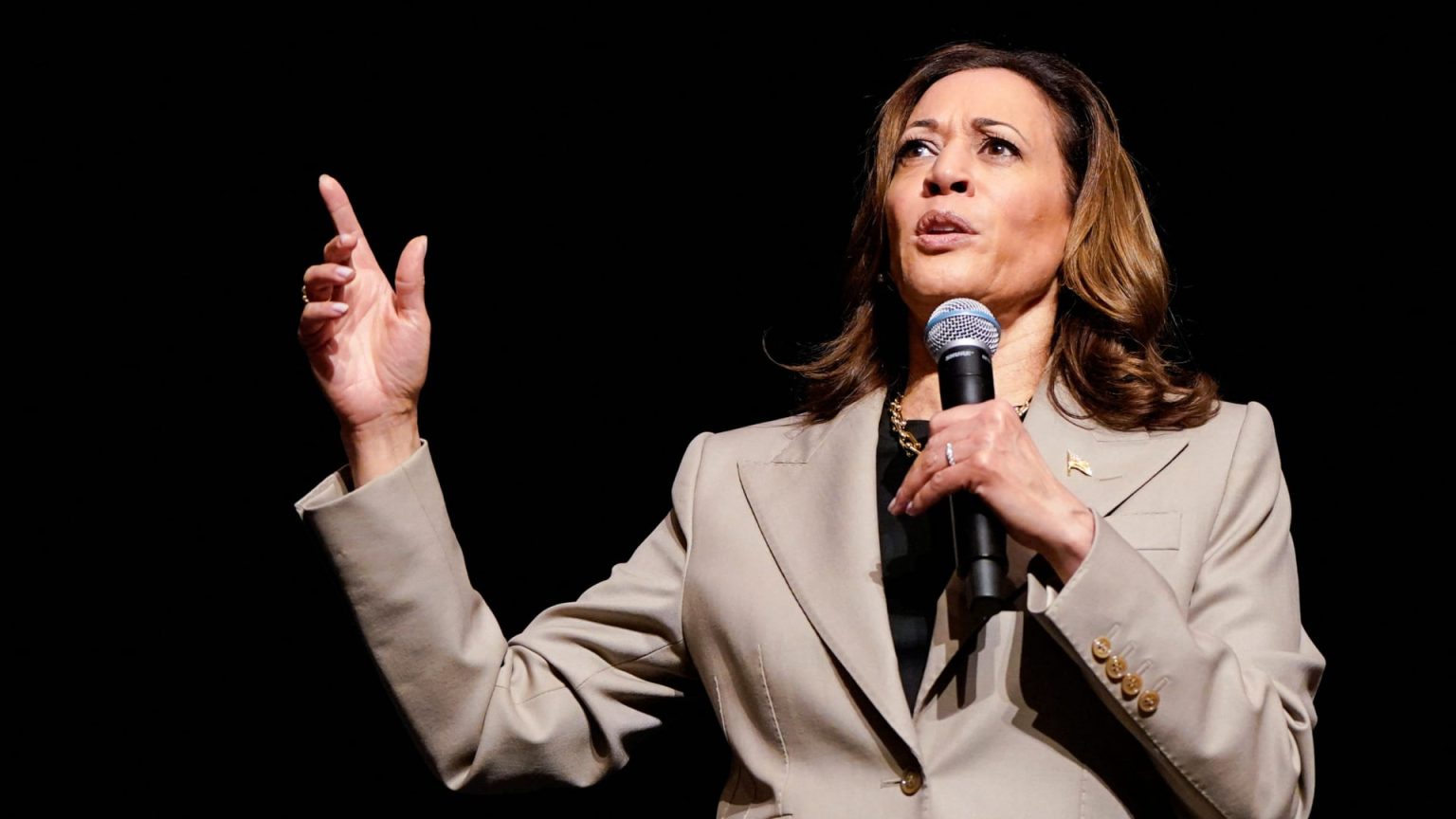Vice President Kamala Harris recently announced an economic plan that includes an expanded child tax credit worth up to $6,000 in total tax relief for families with newborn children. This plan is aimed at restoring the higher child tax credit that was enacted via the American Rescue Plan in 2021, which provided a maximum credit of up to $3,600 per child. Harris’ proposed tax break would increase for middle- to lower-income families for one year after a child is born. This move comes shortly after Senator JD Vance of Ohio, former President Donald Trump’s GOP running mate, floated a $5,000 child tax credit proposal.
Senate Republicans had earlier blocked an expanded child tax credit that passed in the House with broad support, but there is bipartisan momentum behind expanding the credit. The size of the expansion and future credit design will depend on which party controls the White House and Congress. Without action from Congress, the maximum child tax credit will drop from $2,000 to $1,000 once Trump’s 2017 tax cuts expire after 2025. The American Rescue Plan had temporarily increased the maximum child tax credit to $3,000 or $3,600, depending on the child’s age, and families received up to half via monthly payments in 2021.
The child poverty rate fell to a historic low of 5.2% in 2021, largely due to the credit’s expansion, according to a Columbia University analysis. However, the future of the child tax credit remains uncertain, with debates about the cost and size of potential expansions. While Harris and Vance have proposed significant increases to the credit, experts predict that any future expansion may not be as large due to concerns about the federal budget deficit. Lawmakers are already grappling with trillions in expiring tax cuts and the cost of expanding the child tax credit to $3,000 or $3,600 could amount to $1.1 trillion over a decade, according to estimates from the Committee for a Responsible Federal Budget.
Harris’ economic plan includes calls for higher taxes on wealthy Americans and large corporations as part of her commitment to fiscal responsibility. The plan aims to provide tax relief to families during the first year of a child’s life by offering a $6,000 tax credit for newborns. While Harris has followed President Joe Biden’s footsteps in proposing an expansion of the child tax credit, the $2,400 bonus for newborns is seen as a response to Senator Vance’s proposal. The fate of the child tax credit and its potential expansion will depend on future negotiations in Congress and the outcomes of upcoming elections.
Overall, the child tax credit is a crucial element in addressing child poverty and supporting families, and there is bipartisan support for expanding it. However, the specifics of any future expansion, including the size and cost, are still up for debate. Lawmakers must consider the impact of increased spending on the federal budget deficit, as well as the potential benefits to families and children. The child tax credit has proven to be effective in reducing child poverty, and any future expansion will likely focus on balancing the needs of families with fiscal responsibility. Harris’ proposal for a $6,000 tax credit for newborns is just one part of the ongoing discussions surrounding the child tax credit and its role in supporting American families.


